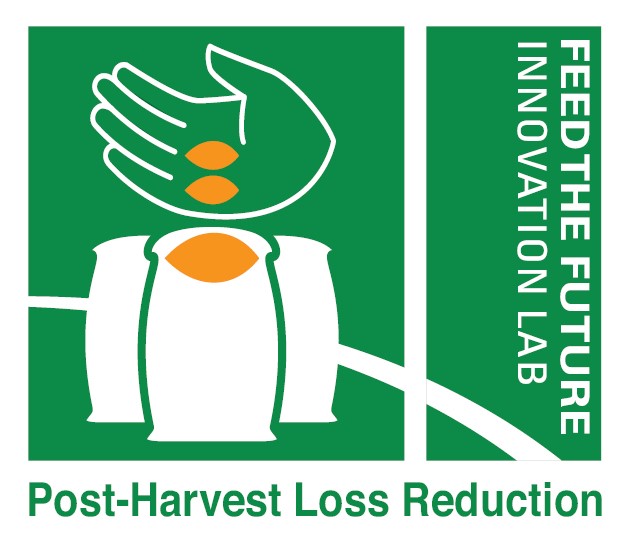About the Lab
The Feed the Future Innovation Lab for the Reduction of Post-Harvest Loss is part of the U.S. government's Feed the Future initiative to reduce global hunger and improve food security. The initiative uses research, education and outreach to advance solutions to hunger, poverty, and under-nutrition in low-income countries.
The program aims to provide global leadership to reduce post-harvest loss (PHL) of stored product crops (grains, oilseeds, legumes, root crops, nuts, spices seeds) and their processed value-added products with an initial focus on the Feed the Future (FtF) countries focus countries through:
- Enhancing their capacity to improve drying, conditioning, handling, storage, pest management, transportation, grading, standardization, and marketing of their crops, and thus improving the quantity and quality of crops.
- Pilot testing of promising “on the shelf” and “in the field elsewhere” best practices and technologies that need further refinements and input from end-users in order to ensure country-specific scale-up and commercial uptake, while minimizing negative environmental impacts of the recommended practices.
- Investigating cultural, social and economic factors, with specific attention to gender issues, that affect local stakeholders and their interactions with post-harvest practices/technologies and utilizing this information to structure recommended changes/technologies to help ensure their adoption.
- Using local artisans, business people, and workers to create and develop, where possible, locally-produced tools and technology to aid in the sustainability of resources and practices.
- Confronting constraints on integrating smallholder farmers (male and female), producer cooperatives, and agribusiness enterprises with market-based value chains from seed to end-user.
- Increasing the quantity and quality of stored food staples and dietary diversity with country-specific nutrition education. Thereby, increasing access to healthy food supply and reducing malnutrition issues.
Post-Harvest Loss (PHL) estimates are distressingly high considering the current and estimated future need for food. These losses represent food already in the production system that could have been used to reduce food insecurity and hunger and to increase food quality/safety, nutrition, and market opportunities for the small landholder. PHL reduces real income for all consumers, which especially affects the poor, because such a high percentage of their disposable income is devoted to staple foods. PHL reduction also has significant gender implications since staple food production in most developing countries is the responsibility of women.
